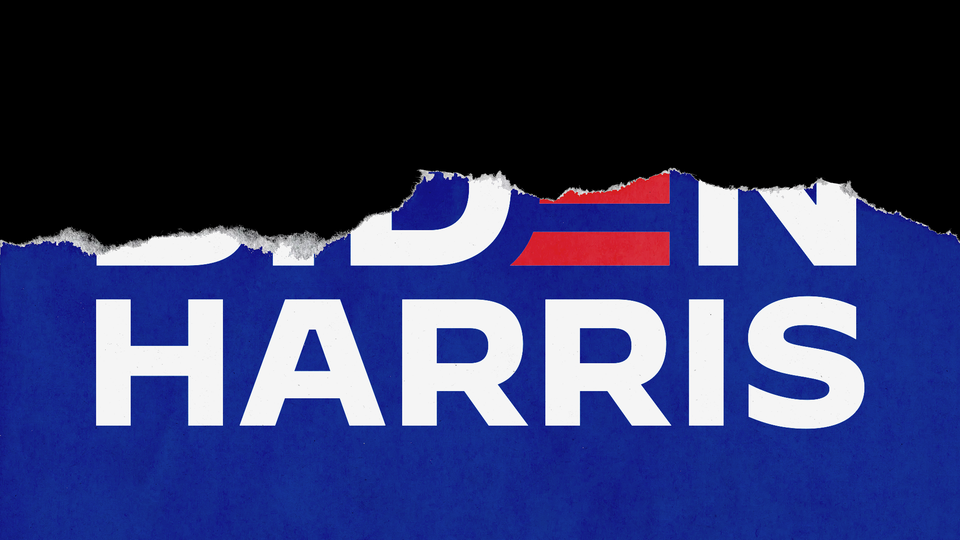How Is This Going to Work?
4 min read
All successful modern presidential campaigns are years in the planning. They officially launch well before the first primary vote is cast for a reason: Time is the one asset that every campaign is allocated in equal proportions. I have been involved in five presidential campaigns and helped elect Republican governors and senators across the country. While waiting for returns on Election Night, I’ve never worried that we started too early.
Right now, the Democratic Party seems jubilant that President Joe Biden decided not to run for reelection. But what comes next will not be easy.
The Democratic National Convention will take place August 19 to 22. Aides to Biden and Vice President Kamala Harris have been planning the event for months. The themes for each night are likely already in place, with videos in production and speakers lined up. The convention team has surely already spent a fortune on backdrops, stage design, and music. Now the convention will inevitably be more generic, less focused, less efficient. That’s a huge lost opportunity.
If the convention is contested, the winner’s presidential campaign won’t begin in earnest until August 23. During the convention, the nominee must pick a vice president, which in normal times takes weeks of careful consideration and vetting. Immediately after the convention, this newly minted ticket will need to open offices across the country, build a national finance committee, produce ads, build a field operation, develop coalition outreach, prepare for debates, set up advance teams, and, of course, raise money.
From there, the dash to the election will be intense—especially because voting is no longer a single-day affair in November. Several states begin early voting in September and many others in October.
Is it possible to start a presidential campaign in the last week of August and win? In a world in which Donald Trump was elected president, all things are possible. But I’ve worked campaigns in states, such as Florida, that hold primaries for state offices in August, and I can tell you that putting together a general-election campaign this late is a monumentally difficult task. If your opponent ran unopposed in the primary and has already developed their campaign strategy and infrastructure, your task is even harder. And that’s a statewide campaign; ramping up to a national campaign is 50 times more intense.
These difficulties reveal why it was essential that Biden endorse Harris. She is his obvious political successor. Strictly from a logistical vantage point, she is also the obvious best choice. She can inherit the money raised for Biden-Harris and, presumably, much of the campaign infrastructure.
The Democrats’ best-case scenario is for the Biden-Harris campaign to transition as smoothly as possible into the Harris campaign. Political reporters will pay a great deal of attention to the top positions in the campaign. Will Jen O’Malley Dillon remain as campaign chair? Will Julie Chávez Rodríguez continue as campaign manager? Will Quentin Fulks stay as deputy campaign manager and continue to be a spokesperson for the campaign?
Those are essential questions. Arguably just as important is the mid-level management of the operation. In campaigns, staffers are most loyal to the person who hired them. Odds are, they know that person better than anyone else in the upper echelons and trust them the most. To keep the campaign operating at a high level, the state coordinators, the state-specific coalition directors, and the volunteer coordinators must continue their jobs and remain motivated. I’ve seen campaigns where one resignation leads to another, spreading like a virus of discontent and disappointment.
In theory, the Biden campaign could be handed off to a nominee not named Harris, but it’s difficult to imagine that occurring without destabilizing defections. The Biden campaign is a political organism that has endured a lengthy, traumatic experience. For most of these staffers, the post-debate world they have been living in was unimaginable two months ago. The debate shook a worldview shaped by confidence in the president. These campaign operatives woke up every day thinking it couldn’t get worse, and mostly it did.
The best way to heal is to create a campaign environment of predictability and stability. I get the argument that a contested nominating process would strengthen the eventual winner, but three weeks of uncertainty can destroy the morale of a campaign, if not the entire party. The faster the Democrats embrace Harris, the more likely she will emerge from the convention with a lead in the polls and an organization excited to make history.
Campaigns, moreover, are about contrast. Trump is a candidate of chaos, unpredictability, and instability. Democrats can win by providing an alternative of calmness and confidence.
The West Wing creator Aaron Sorkin published a guest essay in The New York Times yesterday arguing that the Democrats should nominate Mitt Romney. It was an amusingly nutty fantasy that few Democrats would have accepted. But now is the time to reject all the Sorkin-esque fantasies of contested conventions and surprise candidates. The Democratic Party doesn’t need new plot twists. It needs motivated campaign staffers who wake up every morning focused on their job. That can’t start soon enough.



